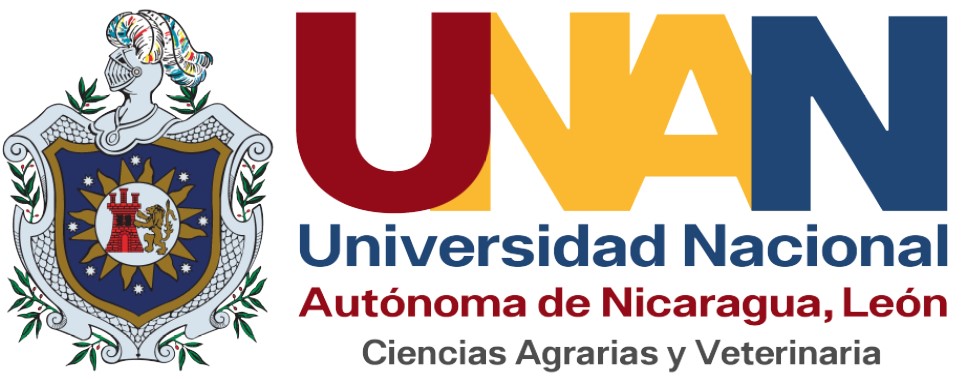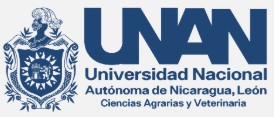Academic performance evaluation with the implementation of school meals: Honduras Case 2016-2017
DOI:
https://doi.org/10.5377/ribcc.v2i1.5687Keywords:
School lunch, Nutrition, Academics, School, EducationAbstract
This work focuses on a study of the effectiveness of actions such as school meals made for the improvement of the quality of education mainly in the most vulnerable and less affluent population. In this regard Honduras since more than a decade has school feeding program formerly called "school lunch", the results in terms of academic performance have been evaluated very little. The main conclusions of the study were: School feeding helps children are healthy and well-educated, but its impact depends on the availability of quality education. School feeding helps families to assure an education for their children, especially their girls, who often have less access to education. School feeding programs promote the development of human capital in the long term and help to break the intergenerational cycle of poverty and hunger. And good school performance determines long-term safe entry to economic and productive sector, allowing people to escape the cycle of inequality and poverty. For this reason, you should make sure students with the necessary tools to achieve this performance, considering that the future lies in the young population.
Downloads
Metrics
References
Alderman, E. L., Jutzy, K. R., Berte, L. E., Miller, R. G., Friedman, J. P., Creger, W. P., & Eliastam, M. (2004). Randomized comparison of intravenous versus intracoronary streptokinase for myocardial infarction. The American journal of cardiology, 54(1), 14-19.
https://doi.org/10.1016/0002-9149(84)90297-2
Alderman, H. y Bundy, D. (2012). "Los programas de alimentación escolar y el desarrollo: ¿Nos estamos planteando la pregunta adecuadamente?" World Bank Research Observer 27(2): 204-221
https://doi.org/10.1093/wbro/lkr005
Adelman, S., Gilligan, D. y Lehrer, K. (2008). ¿Cuán efectivos son los programas de alimentos por educación? Una evaluación crítica de la evidencia proveniente de los países en desarrollo. International Food Policy Research Institute. Washington, D.C.
Abazajian, K., Adelman-McCarthy, J. K., Agüeros, M. A., Allam, S. S., Anderson, S. F., Annis, J. & Bernardi, M. (2003). The first data release of the sloan digital sky survey. The Astronomical Journal, 126(4), 2081.
https://doi.org/10.1086/378165
Drake, L., McMahon, B., Burbano, C., Singh, S., Gelli, A., Cirri, G., & Bundy, D. (2012). La alimentación escolar: Vinculando la educación, la salud y el desarrollo agropecuario. In Presentado en la Conferencia Internacional Sobre Desarrollo del Niño.
Gordon, A., Ross, D. y Lister, S. (2011). Política de alimentación escolar del PMA: Una evaluación de políticas. Anexo I Vol. 1: Síntesis de las evaluaciones de la alimentación escolar. Programa Mundial de Alimentos.
Grosh, M., del Ninno, C., Tesliuc, E., & Ouerghi, A. (2008). Para proteger y promover: El diseño y ejecución de redes de protección social efectivas. Banco Mundial. Washington, DC, 2012-2022.
Izquierdo, A., & Armenteros, M. LancésL., & Martín I.(2004). Alimentación saludable. Revista Cubana Enfermería, 20(1).
Jiménez-Benítez, D., Rodríguez-Martín, A., & Jiménez-Rodríguez, R. (2010). Análisis de determinantes sociales de la desnutrición en Latinoamérica. Nutrición Hospitalaria, 25, 18-25.
Jiménez, M. y Madrigal, H. (2009). Evaluación del estado nutricional de los alumnos de la Escuela Preparatoria de ULSA (D. F.). Revista del Centro de Investigación. Universidad La Salle, 8, 35-50. Disponible en: http://redalyc.uaemex.mx/src/inicio/ArtPdfRed.jsp?iCve=34211305003
Leiva Plaza, B., Inzunza Brito, N., Pérez Torrejón, H., Castro Gloor, V., Jansana Medina, J. M., Toro Díaz, T., ... & Ivanovic Marincovich, D. (2001). Algunas consideraciones sobre el impacto de la desnutrición en el desarrollo cerebral, inteligencia y rendimiento escolar. Archivos latinoamericanos de Nutrición, 51(1), 64-71.
Martínez, R., & Fernández, A. (2013). El costo del hambre, impacto económico y social de la desnutrición infantil. Panorama General Centroamérica y República Dominicana. Santiago de Chile: Naciones Unidas, CEPAL, PMA; 2007.
https://doi.org/10.18356/8377beaf-es
Pollit, E. (2000). Anemia Ferropénica y Rendimiento Escolar. Comité de Nutrición de las Naciones Unidas (SCU/UN, 2000).
Román Bundy, D., Drake, L. y Burbano, C. (2012). "Alimentación escolar, política y salud del niño". Public Health and Nutrition Journal (en imprenta).
Downloads
Published
How to Cite
Issue
Section
License
Copyright (c) 2018 Revista Iberoamericana de Bioeconomía y Cambio Climático

This work is licensed under a Creative Commons Attribution-NonCommercial-ShareAlike 4.0 International License.
Copyright © 2025 Rev. iberoam. bioecon. climate change. National Autonomous University of Nicaragua León (UNAN-León), Knowledge Area of Agrarian and Veterinary Sciences / Specific Area of Agroecology and Agribusiness / Center for Research in Agrarian Sciencies. Academic Directorate. Research Department. Publication and scientific events Unit.












 EDITORIAL
EDITORIAL e-ISSN
e-ISSN


 COPYRIGHT
COPYRIGHT This work is licensed under a Licencia Internacional
This work is licensed under a Licencia Internacional 












